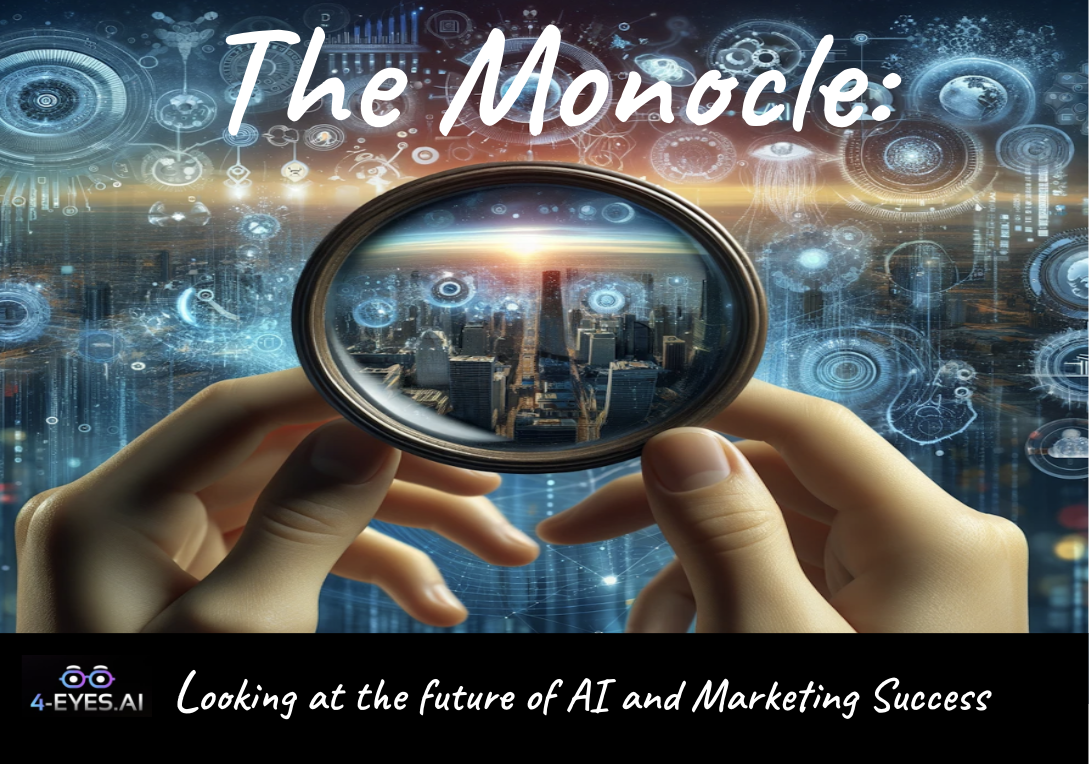Discover how artificial intelligence is reshaping the landscape of ad targeting strategies and...
The Future is Now: Bold Digital Marketing Trends Shaping 2024-2025
As we edge toward 2025, the digital marketing industry is poised to undergo significant transformation driven by advancements in technology. Here is a overview of the key trends that are set to redefine how brands engage with their audiences.
1. Federated Learning: Privacy-Centric AI in Action
Federated learning is rapidly becoming a cornerstone technology for privacy-conscious AI deployment. This machine learning setup allows for the training of AI models on decentralized devices, ensuring that the actual data remains on the user's device and only model updates are shared. This approach is particularly beneficial in complying with stringent data protection regulations such as GDPR and CCPA.
Technical Implementation: Federated learning involves participants contributing to model training without ever sharing data with a central server. Instead, model parameters are updated locally and only the updates, not the data itself, are sent to a central server where they are averaged and integrated back into the global model (IBM Research).
Industry Application: In digital marketing, federated learning can enhance personalized advertising without compromising user privacy. For example, a retailer could use this technology to personalize offers and content based on user interaction data stored locally on their devices, without accessing personal information directly (PixelPlex).
2. Quantum Computing: Supercharging Data Processing
Quantum computing holds the potential to process data at speeds unattainable with traditional computers. This can significantly impact digital marketing through faster data analysis, enabling real-time decision making and optimization.
Technical Implementation: Quantum algorithms are particularly suited for tasks involving large-scale optimization and pattern recognition, which are common in marketing analytics and campaign optimization.
Industry Application: For digital marketing, quantum computing could revolutionize areas such as customer segmentation and real-time bidding, where the ability to quickly process vast amounts of data can lead to more efficient market responses and better allocation of advertising resources.
3. AI-Driven Content Personalization and Predictive Analytics
AI technologies are refining their capabilities to offer unprecedented levels of content personalization and predictive analytics. With advancements in NLP and machine learning, AI is getting better at understanding context and user intent.
Technical Implementation: AI systems utilize advanced algorithms to analyze user data and predict future behavior, allowing marketers to tailor their strategies to individual needs. Tools like AI chatbots can dynamically generate personalized messaging in response to user interactions.
Industry Application: An e-commerce platform might use AI to analyze user browsing patterns and purchase history to recommend products uniquely suited to each user’s taste, thereby increasing conversion rates and user satisfaction.
4. Blockchain for Transparent Audience Data Management
Blockchain technology is being leveraged to enhance transparency and security in audience data management, helping marketers manage consumer data more responsibly.
Technical Implementation: Blockchain provides a decentralized ledger for data transactions that ensures data integrity and transparency. Each transaction is encrypted and linked to the previous one, making it nearly impossible to alter.
Industry Application: In digital marketing, blockchain can be used to create transparent audience data exchanges where information is shared between parties without a central authority, ensuring that all participants can trust the accuracy and completeness of the data (Marketing Scoop).
5. Enhancing Privacy Measures and Regulatory Compliance
As global attention on data privacy grows, digital marketers are increasingly adopting technologies that ensure their practices are both effective and compliant with international standards.
Technical Implementation: New tools are emerging that automate compliance checks and data handling procedures to ensure marketing practices adhere to legal standards without extensive manual oversight.
Industry Application: Compliance tools integrated into marketing platforms can automatically adjust campaigns based on regional data protection laws, ensuring that marketers can focus on strategy rather than compliance.
Conclusion
The digital marketing landscape in 2024-2025 will be characterized by a blend of technological innovation and increased regulatory oversight. Marketers who embrace these advanced technologies will not only stay compliant but also gain a competitive edge in the ability to engage with their audiences more effectively and ethically. As these technologies continue to evolve, staying informed and adaptable will be key to leveraging their full potential.


